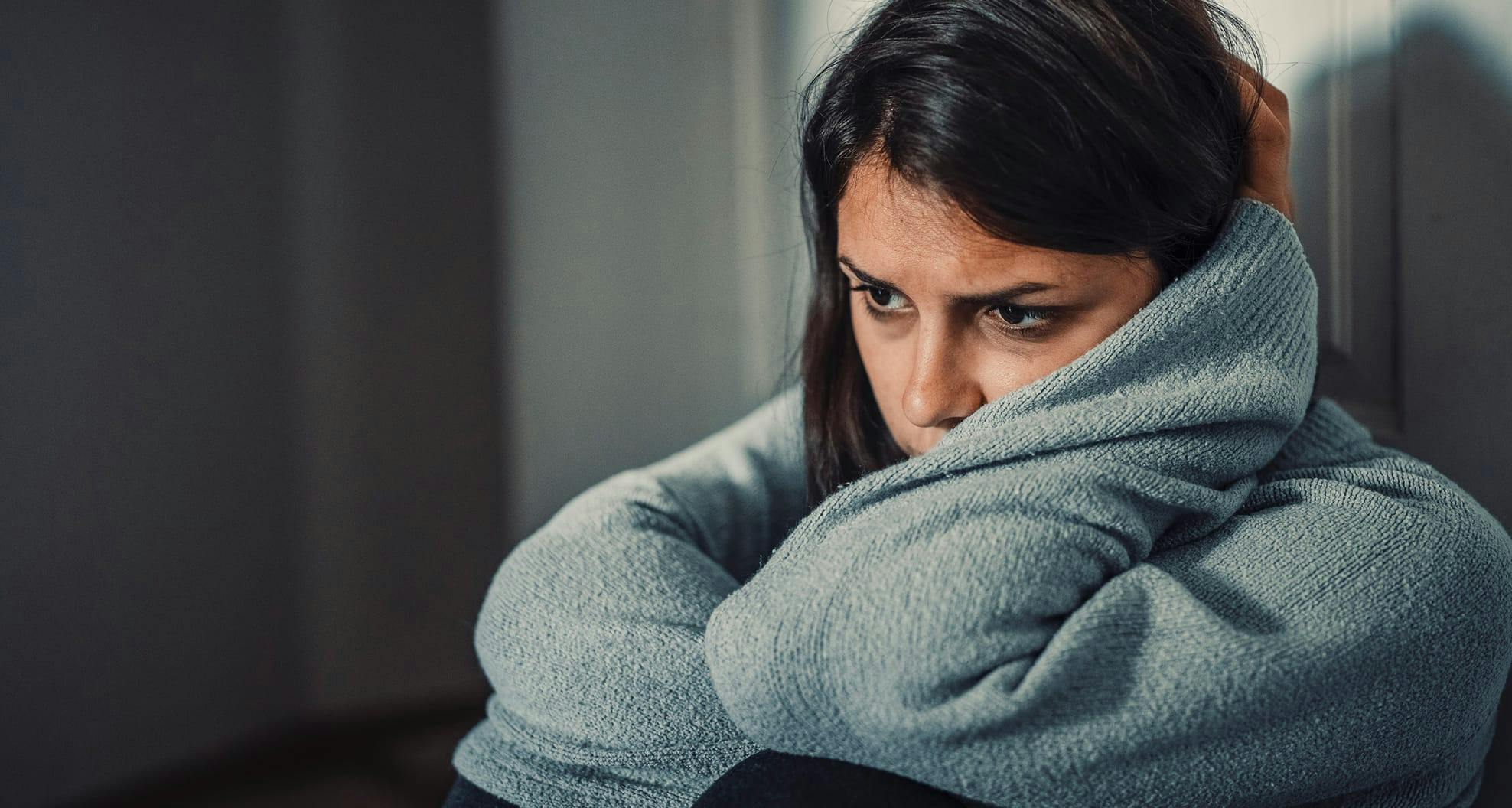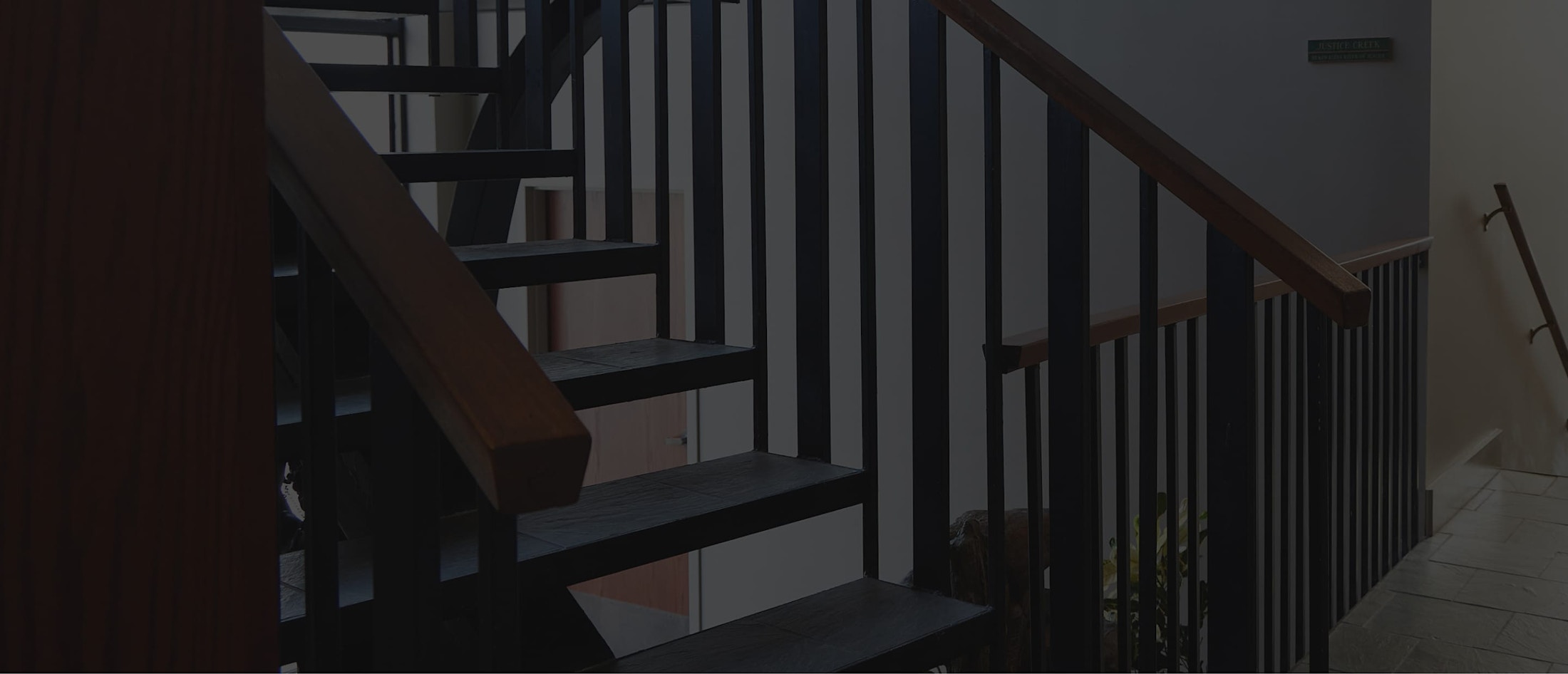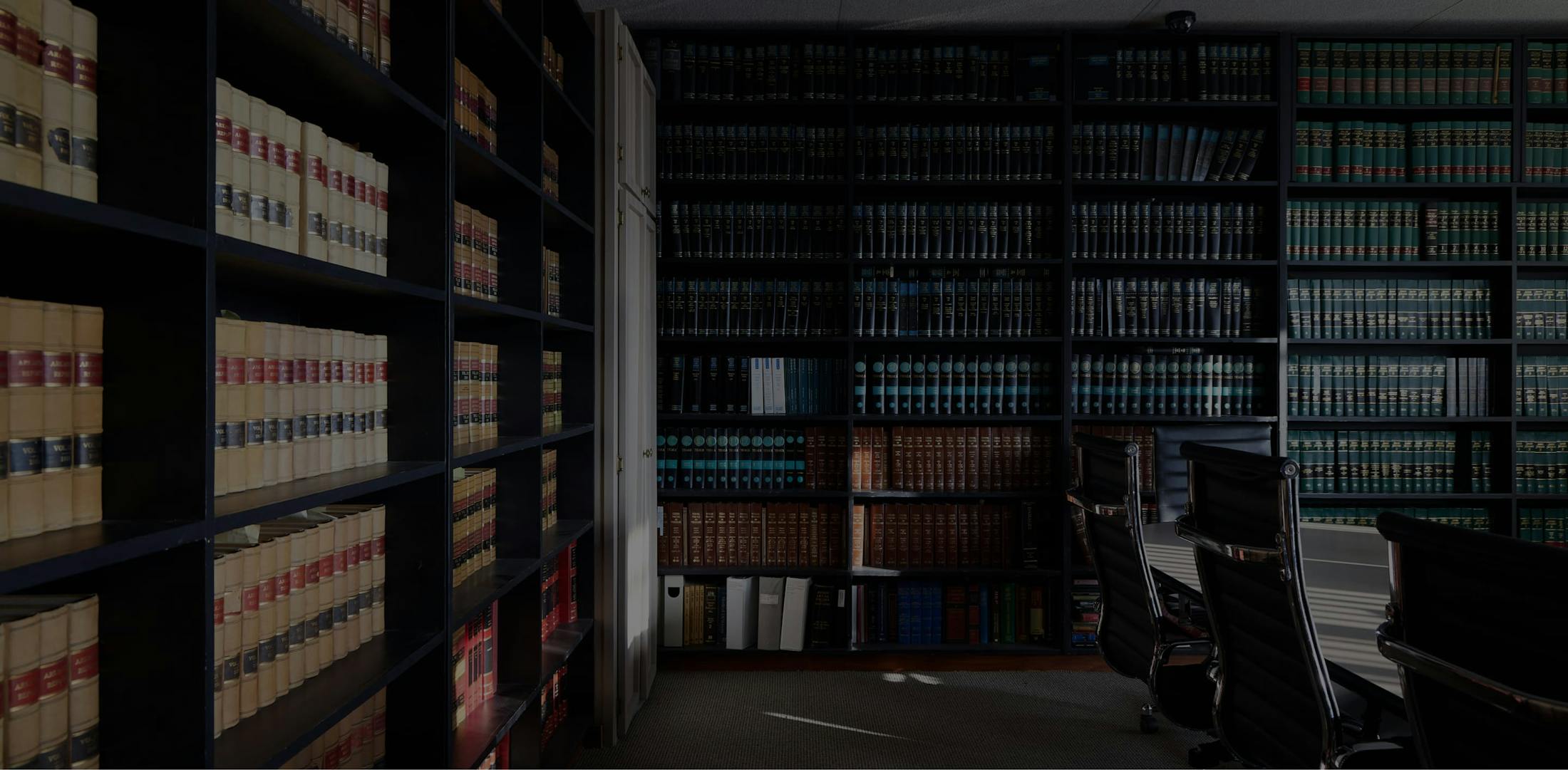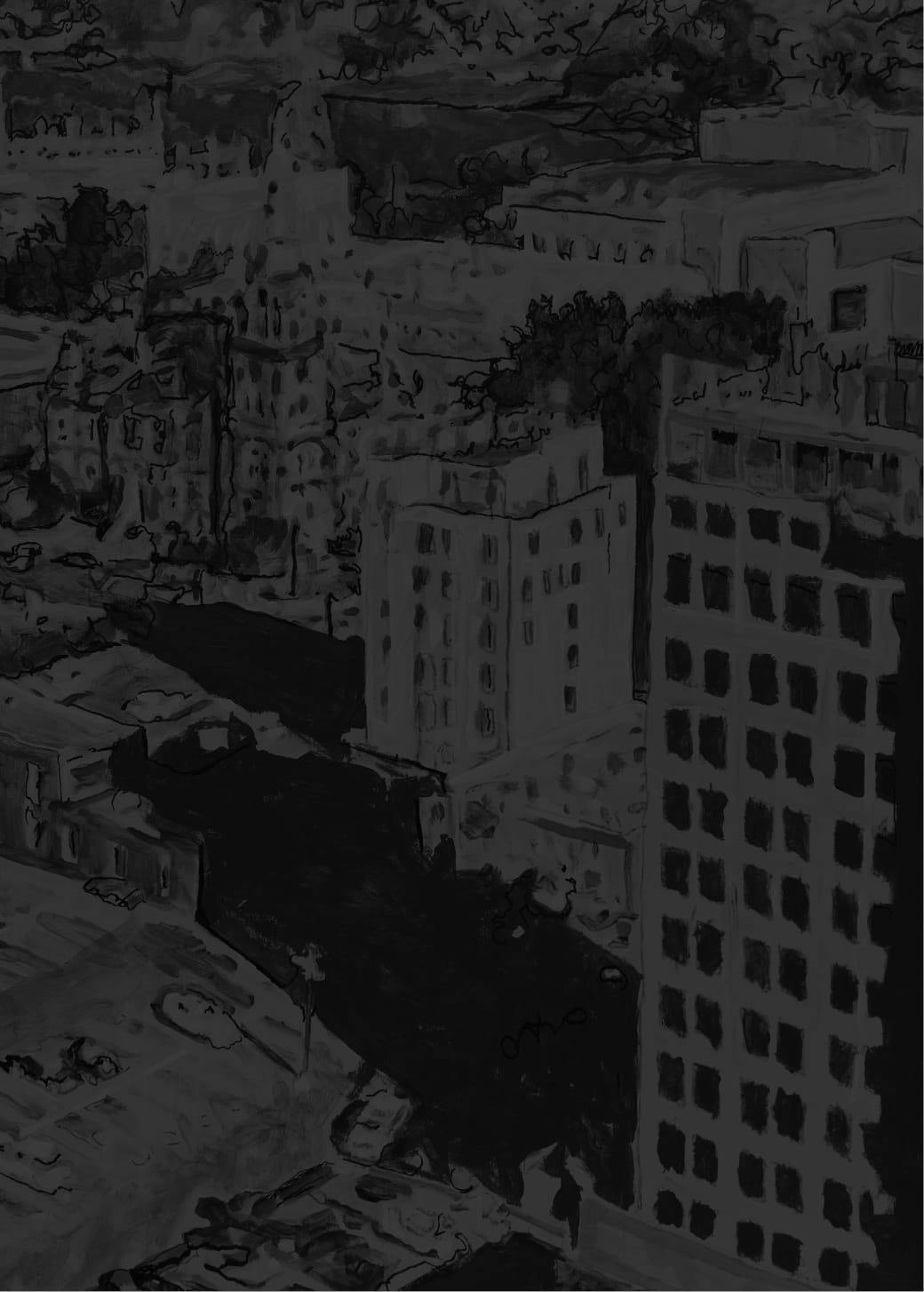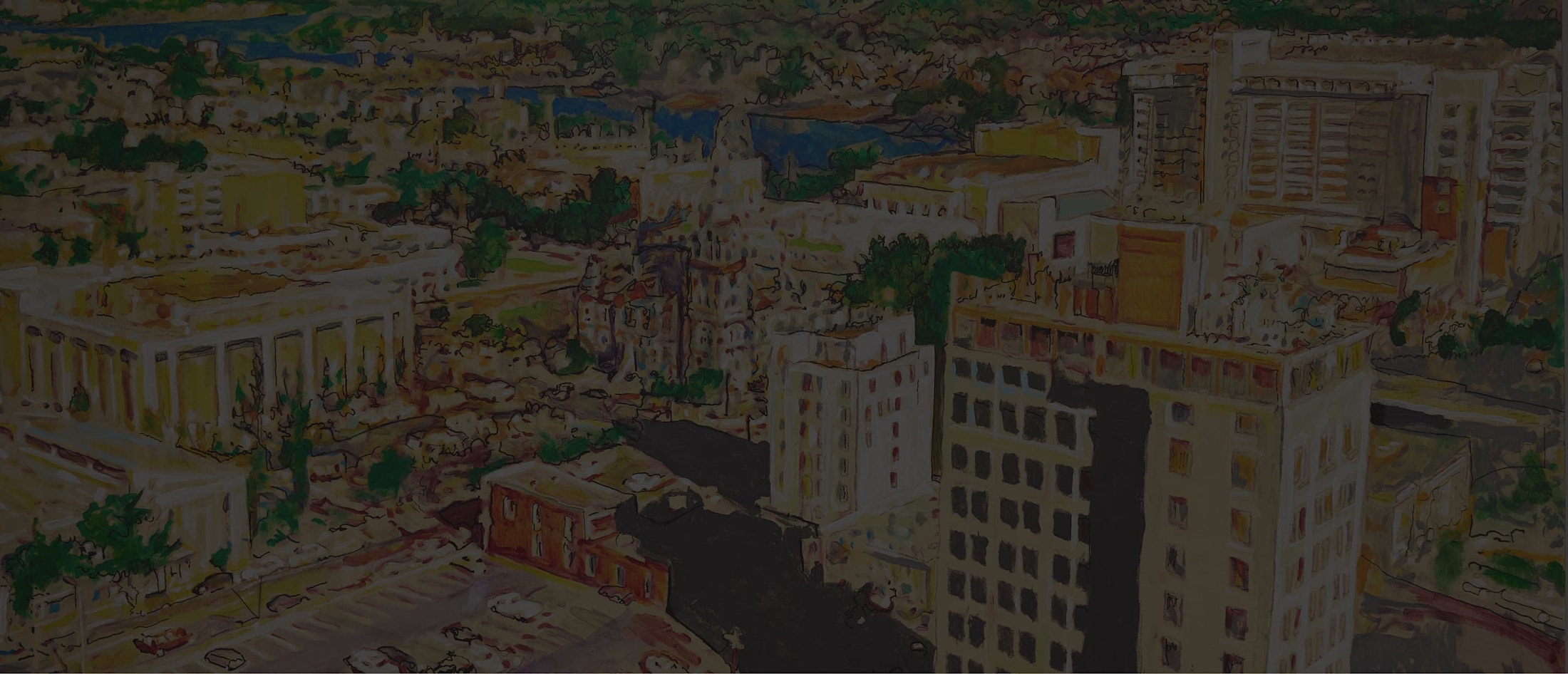There is good news for survivors of sexual abuse in Arkansas. The Justice for Vulnerable Victims of Sexual Abuse Act, passed by Arkansas legislators in April of 2021, gives survivors of childhood sexual abuse a new opportunity to take legal action against an abuser or organization responsible for abuse. This is significant news for those whose cases were once considered expired due to state statute of limitations. Because this temporary window will only be open from February 1, 2022, to January 31, 2024, we strongly encourage abuse survivors to contact a sexual abuse lawyer to discuss their legal options. Please review our article here for complete details on this important new law.
What Constitutes Sexual Abuse?
The American Psychological Association (APA) defines sexual abuse as unwanted sexual activity. An abuser uses force, threats, or manipulation to coerce a person who cannot give consent to engage in sexual activities. The term sexual abuse is most often used to describe the behavior perpetrated against children, but adults can also be victims of sexual abuse—particularly older adults, vulnerable populations, and those with cognitive or physical disabilities. An adult may also be the victim of spousal sexual abuse or sexual abuse from an authority figure or person in power. Sexual abuse generally involves a form of violence or exploitation. Terms like “sexual assault” and “sexual violence” describe specific incidents of unwanted, forced sexual contact, and “sexual abuse” may cover a range of predatory behaviors directed toward vulnerable individuals, usually minors.
Sexual abuse may include touching, intercourse, sending obscene messages, exposing oneself to a victim, forcing a victim to watch graphic sexual acts, obtaining pornographic pictures or videos of the victim, or sex trafficking. Sexual abuse may be perpetrated on an institutional scale. Organizations that are supposed to provide a safe environment for vulnerable individuals—most often children—have, in many high-profile cases, been found guilty of hiding evidence of ongoing abuse and protecting the identities of sex offenders working for the institution. This could include athletics teams, childcare centers, youth development programs, religious organizations, correctional facilities, juvenile detention centers, nursing homes, youth camps, mental health facilities, or any other organization that fails to take adequate measures to prevent and stop abuse.
